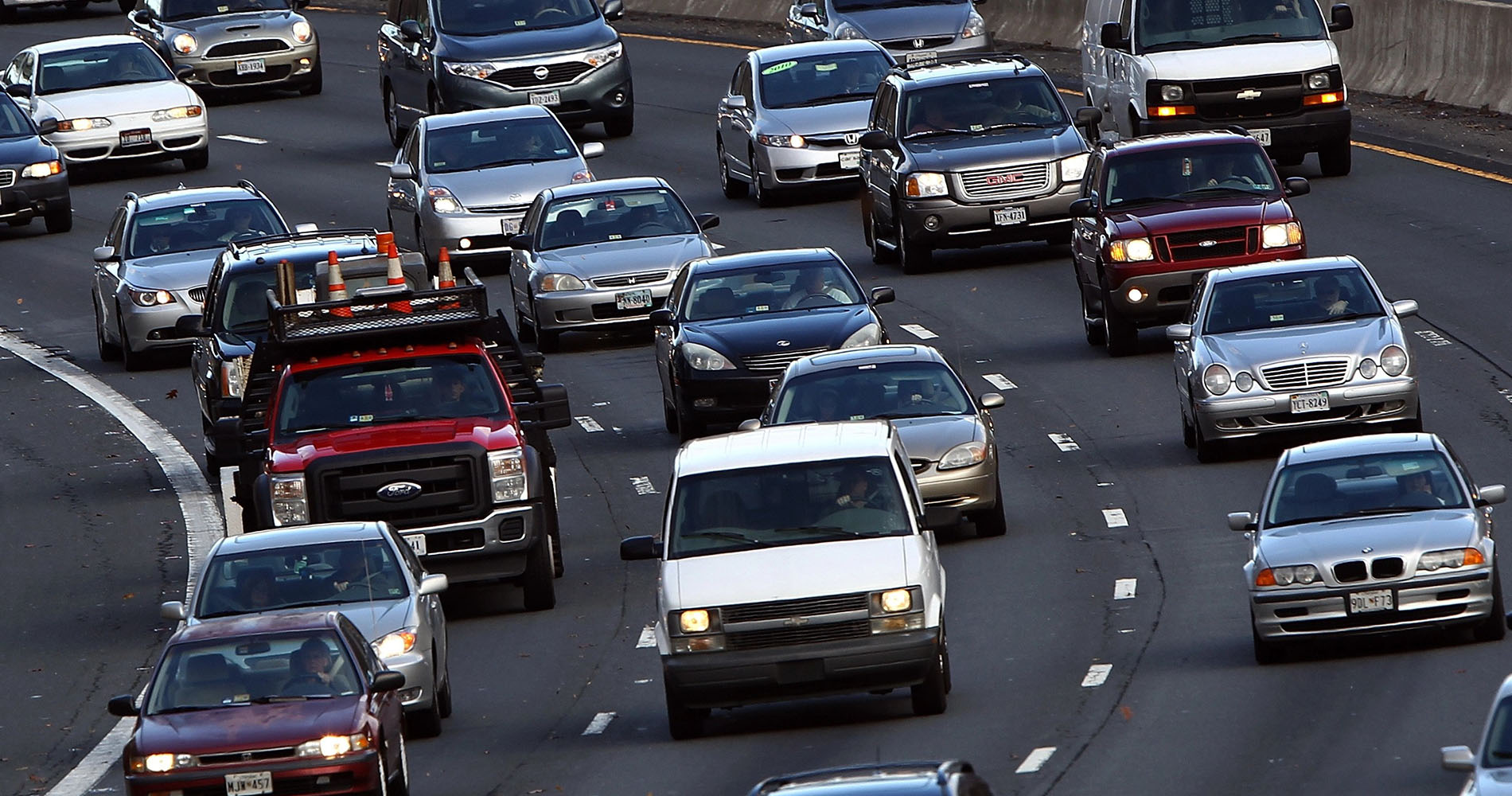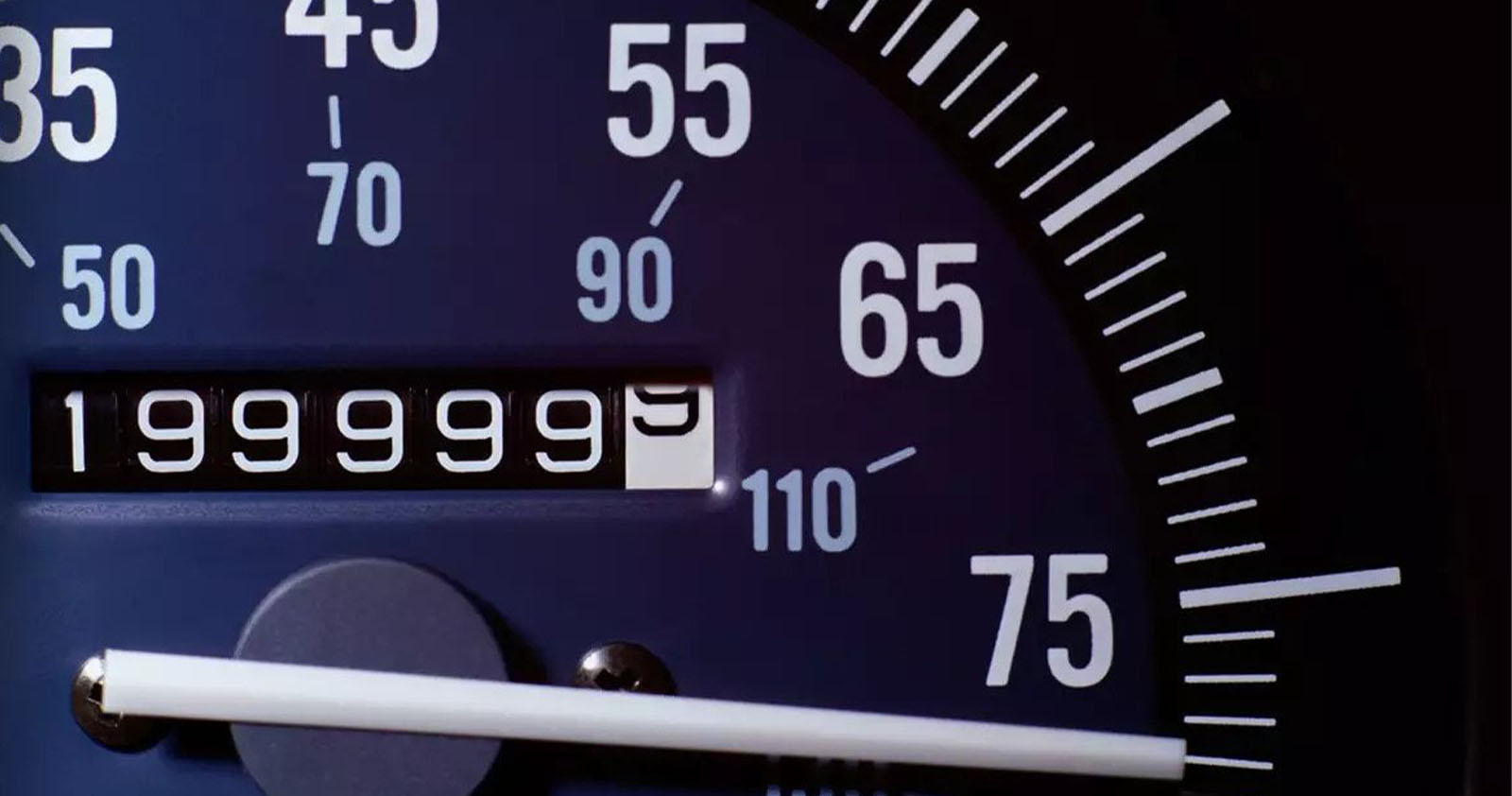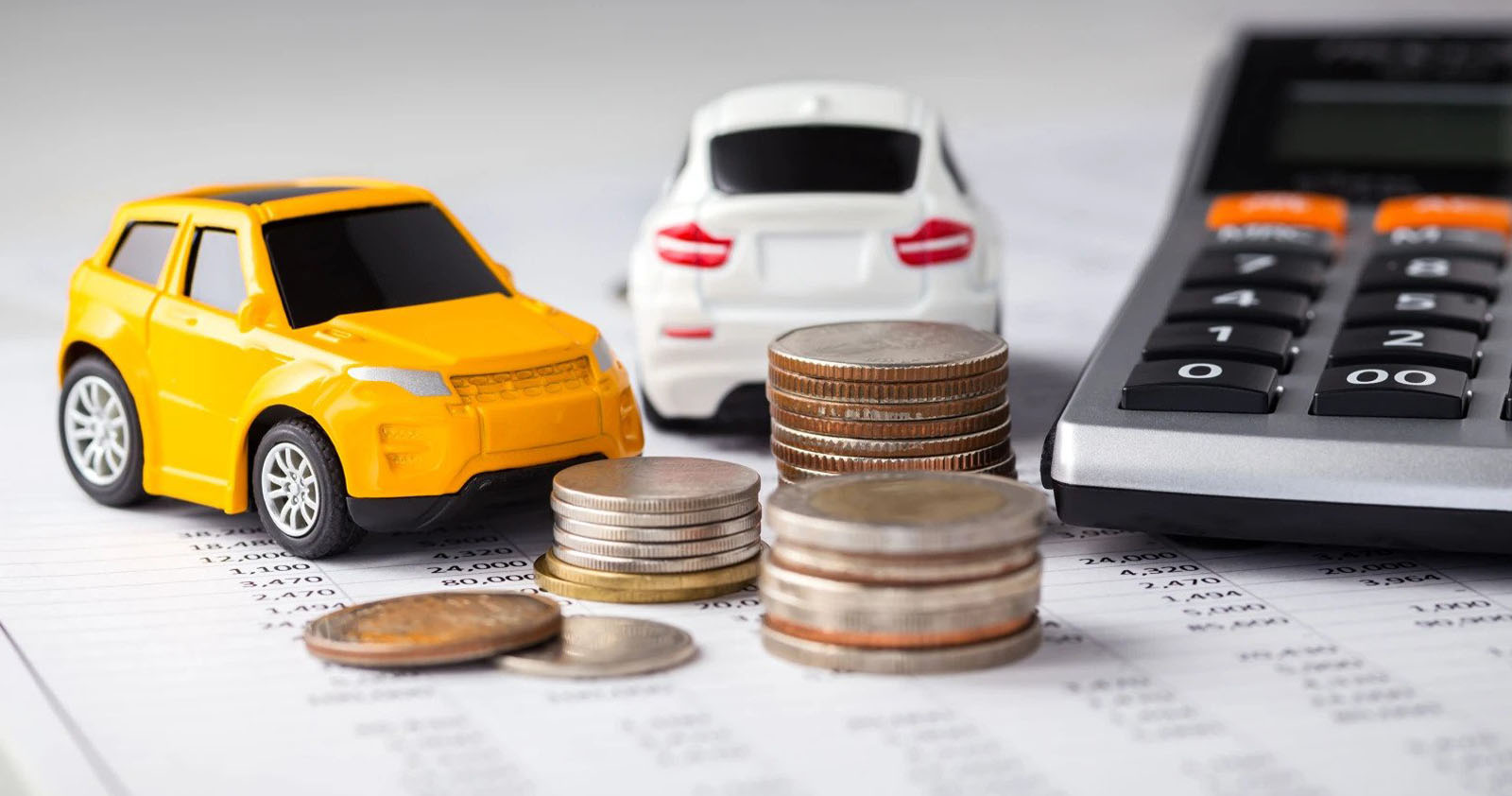Buying car insurance isn’t like buying a gallon of milk. Car insurance isn’t sitting on the shelf with a $3.99 price tag.
Instead, insurance companies require a lot of information before offering a quote. Yet, different companies offer different prices for the same person with the same car.
Therefore, it is not rare that most drivers are unaware of what types of things, both human and mechanical, influence their insurance premiums.
Several factors affect the price of your car insurance. These factors include the driver’s personal information, the insured cars, the selected coverage options, and demographics, to name a few.
On average, the annual cost of car insurance is about $800. Still, there is a considerable variation because many factors affect the price of a policy by helping determine how likely you are to have an accident.
Type Of Coverage
Auto insurance policies comprise multiple coverages that provide protection in different situations involving your vehicle.
These coverages have different limits, may have deductibles, and may be required by the lender or loaner. These are the six main types of coverage:
Liability Coverage is required in all states except New Hampshire and Virginia. This coverage protects other people on the road from injuries and damage you cause to someone else but within your policy’s limits.
Collision Coverage is optional in all 50 states. However, if you have an auto loan or lease, your lender or leasing company will probably require it. This coverage includes:
- Accidents with other cars
- Hit stationary objects
- Repair costs exceed value
Personal Injury Protection Coverage is mandatory in some states and optional in others. This coverage may include payment for medical expenses, lost wages, and funeral expenses for you and your passengers.
Uninsured and Underinsured Motorist Protection is required in nearly every state. This coverage pays for accident-related expenses if you get hit by an uninsured driver or a driver whose policy limits are too low to cover your bills.
Comprehensive Coverage protects drivers against damage not caused by a collision unless the crash occurs with a deer. In addition, it helps protect against severe weather, fire, theft, vandalism, animal damage, and more.
Medical Payments coverage can pay for you and your passenger’s medical bills or funeral expenses after an accident.
Also, medical payments can pay for treatment if you’re injured as a passenger in someone else’s car and cover expenses if you get hit by a vehicle as a pedestrian.
Via Cars
Mileage Per Year
Based on data from The Federal Highway Administration (FHWA), Americans drive on average 12,000 miles per year, which is usually the default mileage for insurance clients seeking a quote.
Therefore, your annual mileage affects your insurance premiums because it predicts the risk of you filing a claim. The amount you pay for your insurance premium is determined by the number of miles put on your vehicle.
Therefore, the more miles you drive annually, the more expensive your auto insurance policy is. But, on the other hand, fewer miles a year means a lower monthly payment.
Your Daily Commute/Travel Distance
Suppose your daily commute involves driving long distances. In that case, the probability of you being in an accident is much higher than people who drive a couple of miles per day.
If you think about it, this makes sense because the longer you are near other road users, is more likely you’ll be involved in an accident.
It doesn’t matter that you are a safe driver if other motorists crash into you; you’re still in an accident. So, traveling longer distances increases the chances of this happening.
Via Ticket School
Policyholder Demographics
Statistically, young male drivers are most likely to cost car insurance money. Therefore, they are the most expensive demographic to insure.
On the other hand, women are less likely to be involved in an accident, drive while intoxicated (DWI), and/or drive under the influence (DUI), and have less severe accidents than men.
Still, the cost difference between men and women narrows over time. In fact, women can even be slightly more expensive to insure after 40.
Overall, mature drivers have fewer accidents than less experienced drivers, especially teenagers. This is why insurance companies usually charge a higher premium for young drivers or if there are people under 25 in your family who drive your vehicle.
Via Investopedia
Your Driving History
The better you drive, the lower your car insurance premium; is that simple. However, suppose you have traffic violations, tickets, or vehicle accidents. You will likely pay more for your insurance premium than if your record has none of that.
You will also pay more for your insurance premium if you are a new driver, just got your driver’s license, and haven’t had auto insurance for several years.
And while it seems like costs are going nowhere but up, the good news is that you can find cheap auto insurance policies if you look around (unless you have a brutal driving history, at which point, good luck).
Overall, individual specifications and driving history will have a more significant impact than generalities on how much car insurance will cost.
Make/Model Of Vehicle
Some cars are more expensive to insure than others, depending on many variables. Variables include the possibility of theft, the cost to replace the vehicle, the cost of repairs, and the safety features and performance of the car.
In addition, things like engine size can influence how much you’ll pay for insurance, even for the same models or brand. On the other hand, vehicles that have high-quality safety features may qualify for some specific premium discounts.
Via Thrillist
Vehicle Mods (If Declared)
Vehicle mods and other customizations may increase your insurance premiums for many reasons. For instance, any upgrades to your car may increase its value and make it more expensive to insure.
Your insurance rates may also increase if your car’s customizations make it more attractive to thieves. Still, determining what mods will make your vehicle more valuable is subjective.
Finally, your insurance rates may increase if your modifications make the car riskier on the road. For example, things like making your car faster, removing body parts, or modifying safety features can affect the vehicle’s overall safety.
So, suppose you make modifications without informing the insurance company. In that case, you may have altered the car’s value, and your insurer may not update your policy to reflect its new value.
Therefore, you need to declare these changes to your insurance company to ensure they cover the total value of your investment. Otherwise, your insurance company may deny your claim if you are in an accident and even cancel your policy.
Via Daily Maverick
Buying car insurance can be very confusing, especially if you do not know those things that influence your insurance premiums.
However, this guide gives you an idea of the most influential and common factors that determine the value of the auto insurance policy you want to purchase.
Knowing these factors that influence the price of premiums will help you get a better price for your auto insurance









